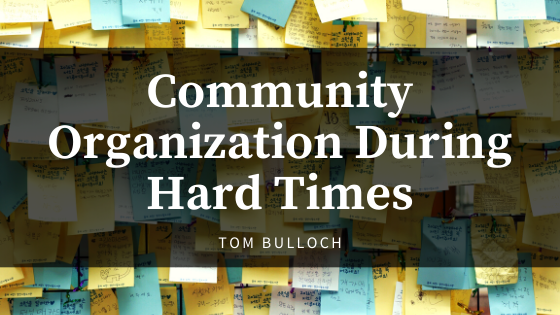If there ever was a time to engage our communities, it’s now. Dark times are ahead amid this pandemic, but rather than succumbing to the panic, we can uplift our communities to find light in the struggle. It’s understandable that communities are complex, and as such, the process of engagement is not simple. One definition defined community engagement as “working collaboratively with and through groups of people affiliated by geographic proximity, special interest, or similar situations to address issues affecting the well-being of those people. It is a powerful vehicle for bringing about environmental and behavioural changes that will improve the health of the community and its members.”
Many of the public institutes that we take for granted today arose from necessity and community efforts. We see evidence of this in history, for example, when the Mechanics Institutes of the 1800s provided adult education to working men, leading to the formation of the first libraries, reading circles, and museums. When the Atlantic communities faced chronic unemployment and poverty, they supported each other through the Antigonish Movement and the establishment of co-operatives.
Sponsored by the Extension Department of St Francis Xavier University, the Antigonish Movement of the early 20th century centred around adult education as a means towards social improvement and economic organization. In this movement, organizers would come to a community and call for a public meeting to assess the community’s strengths and difficulties. Through the use of a study club and the ensuing meetings, the organizers would establish one or more co-operatives to address the difficulties that they found through their assessments. The most common of these was the credit union, but the movement also organized co-operatives for selling fish, retailing consumer goods, building homes, and marketing of produce.
It is uncertain what changes COVID-19 will bring, but the pandemic has already revealed some of the weaknesses of our current system. The trend towards privatization and the funding cuts on resources for public health, education, and services has come at the expense of the greater community. Service workers, childcare supports, farmworkers, and cleaners are essential.
If you’re thinking of engaging your community during this time, consider reading one of the previous blogs written about steps to successful community engagement. Individualism is proving to be limiting in times like these where collective action can be used for the benefit of the community. Canada has had a rich history of community development, and it’s time that we build on that together.
Originally published on TomBulloch.net


